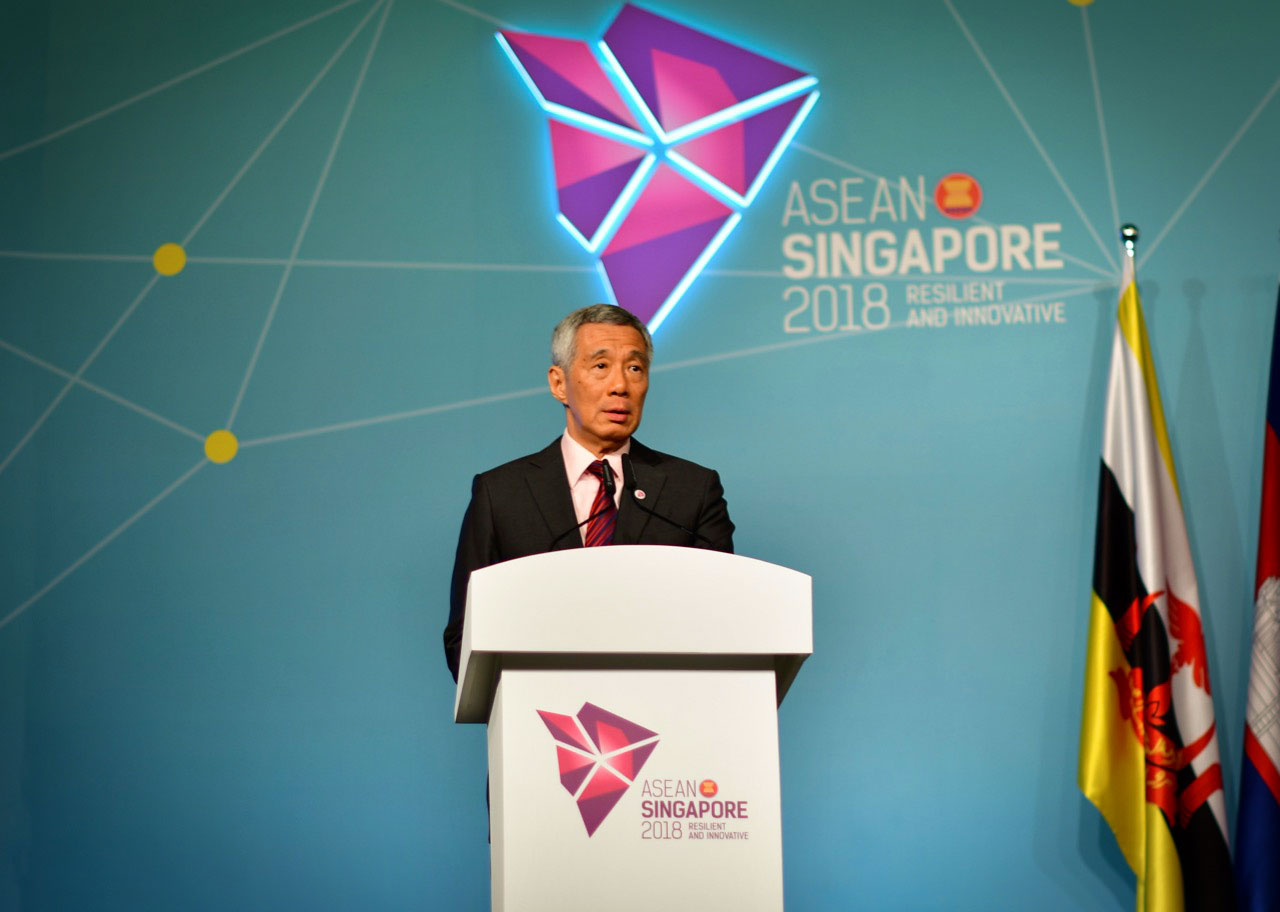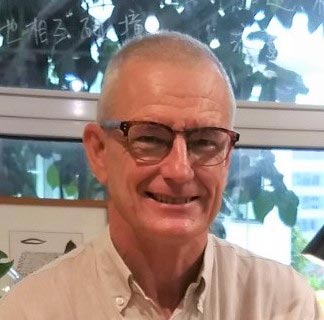The mayhem and protests in Hong Kong over the last two months gives Singapore a potential opening to capitalise on the chaos as the two continue their decades-old rivalry for international business. In Singapore itself, however, the reaction is a bit more complex. The government and the business community are understandably looking for ways to exploit the new opportunities offered by the Hong Kong protests, but reactions in the broader population seems to have been mainly bewilderment: why would they smash their own rice bowls over politics?
If this off-the-cuff observation is correct, it is one more confirmation of a piece of Singapore’s political folklore: that for the most part, ordinary Singaporeans regard their government’s performance as managers of the economy and society much more highly than they regard esoteric issues like democracy and freedom.

This is good news for the ruling People’s Action Party (PAP), but any government optimism should be tempered by the knowledge that when Singaporeans vote in the General Election to be held some time over the next year or so, it will not be opposed by a group of young street protesters. The slate of opposition candidates will likely include community, professional and academic leaders who could have been eminently respectable candidates for the PAP if they had chosen the easier path.
Indeed the newest opposition party, the Progress Singapore Party (PSP), has been formed by one of the PAP’s own torchbearers of old – Dr Tan Cheng Bock, a PAP MP for 26 years, and easily one of the more likable and popular politicians in the country, in part because he was uncharacteristically outspoken in questioning the policies and leaders of his own government. Back in 1980 he was recruited into parliament at the combined initiative of then-Prime Minister Lee Kuan Yew and future Prime Minister Goh Chok Tong, yet by 2011 he had become so disenchanted with the PAP that he stood against the government’s preferred candidate for President of Singapore in a nation-wide ballot and missed out by only a few thousand votes.
Ironically this problem of ‘failure’ is largely the creation of the government’s own rhetoric, which has raised the bar so high that nothing short of a near-clean sweep of seats is regarded as a government ‘success’
Far from railing against ‘the system’, Dr Tan’s party is calling for a return to the ‘good old days’ of the 1980s and 1990s when the government was run by better people and delivered better outcomes. This messaging is designed to resonate with those Singaporeans who are broadly satisfied with the status quo, but are disappointed with the current generation of politicians – especially Prime Minister Lee Hsien Loong, who, fairly or not, can never escape being compared adversely to his father.
This message is not so different from that of the main opposition party, the Workers’ Party (WP), nor from several of the smaller opposition parties, who, with one or two exceptions, are reluctant to challenge the PAP on core ideological and economic issues. Rather, they tend to take a small-target approach to campaigning, calling for an alternative voice in parliament and criticising the government in terms of government accountability, responsiveness and competence. Direct praise for the first and second generation of PAP leaders nevertheless changes the dynamic and targets a broader audience than the usual opposition outreach.

Dr Tan is particularly well-placed to convey this message because of his status as a former insider. His new party has attracted the enthusiastic support of the prime minister’s brother, Lee Hsien Yang, who has been very publicly at loggerheads with his brother over family and political matters since they fell out in 2017. Furthermore, the PSP executive is dominated by former PAP grassroots activists. These factors reinforce Tan’s message that the PAP has lost its way and that he and his team want to restore the old values that originally won the loyalty of Singaporeans.
At the same time, the age profile of most of his colleagues (almost no one under 50) raises the question of whether Dr Tan’s personal contribution might end up being more important and long lasting than that of his party: to personally act as the public face of a broader opposition grouping in just this one election, hoping it will be enough to make a difference.
If such is the plan, then Dr Tan’s age gives him an advantage. At 79 years, it is obvious that he is not ambitious for himself and so presents no challenge to younger egos and ambitions in either his own party or in other opposition parties (notwithstanding the contrary example being set by Dr Mahathir). This makes the PSP’s strong pitch for cross-party collaborations and possibly even some mergers more likely to bear fruit – and all the public signs indicate that such overtures are being welcomed by the other parties.
Under Singapore’s first-past-the-post electoral system, such collaboration is a prerequisite for any chance of success that the opposition might have in any election, but especially now when discontent with the government is simmering rather than raging, as it was in 2011 when the PAP suffered its lowest national vote since independence.

No credible scenario puts at risk the government’s majority in parliament (or even its two-thirds super-majority), but there is a special problem for the government in that it is in the middle of changing prime ministers and this election will be a trial run for Lee Hsien Loong’s handpicked successor, Deputy Prime Minister and Finance Minister Heng Swee Keat. Annoyingly, Singaporeans have a history of choosing just such occasions to express any discontent they are feeling more directly at the ballot box.
Judging by the online video with which he launched his new party, Dr Tan’s focus is spread across issues as diverse as the high cost of living, the regularity of train breakdowns and the discomfort that the non-Chinese minorities feel over the overt racialisation of Singapore society, all of which he draws together with the theme of a government that is both out of touch with the people and delivering substandard services. A poor result in the next election would mean that Heng will spend years living in the shadow of his initial ‘failure’ – much as Lee Hsien Loong and Goh Chok Tong did before him.
Ironically this problem of ‘failure’ is largely the creation of the government’s own rhetoric, which has raised the bar so high that nothing short of a near-clean sweep of seats is regarded as a government ‘success’. How very Singaporean!

Michael Barr
is an Associate Professor of International Relations at Flinders University, Associate Editor of Asian Studies Review, and a Fellow of the Australian Academy of the Humanities. His published books include Singapore: A Modern History (2019), The Limits of Authoritarian Governance in Singapore’s Developmental State (co-edited with Lily Zubaidah Rahim; 2019) and The Ruling Elite of Singapore (2014).


